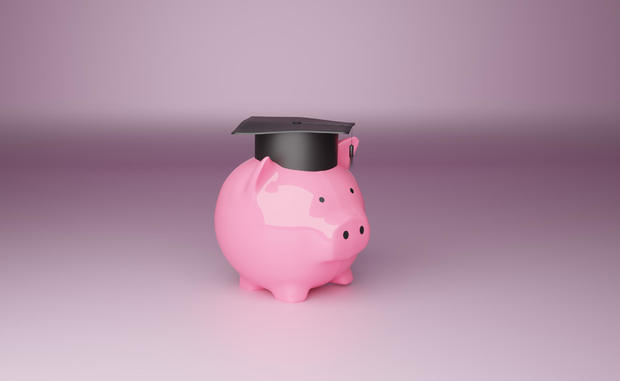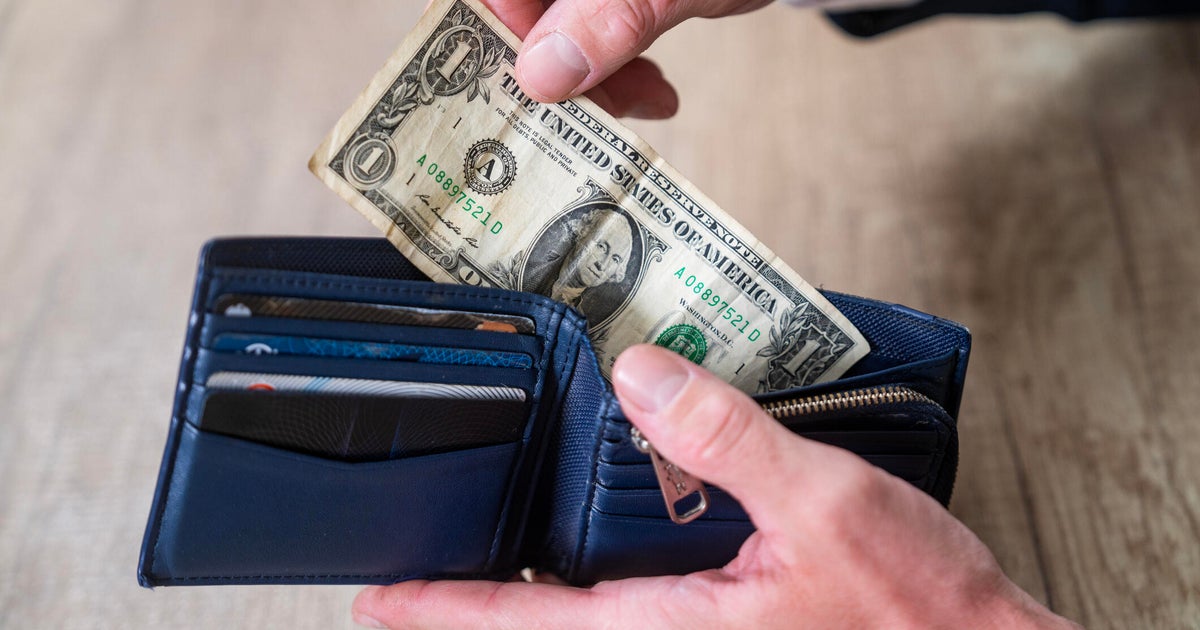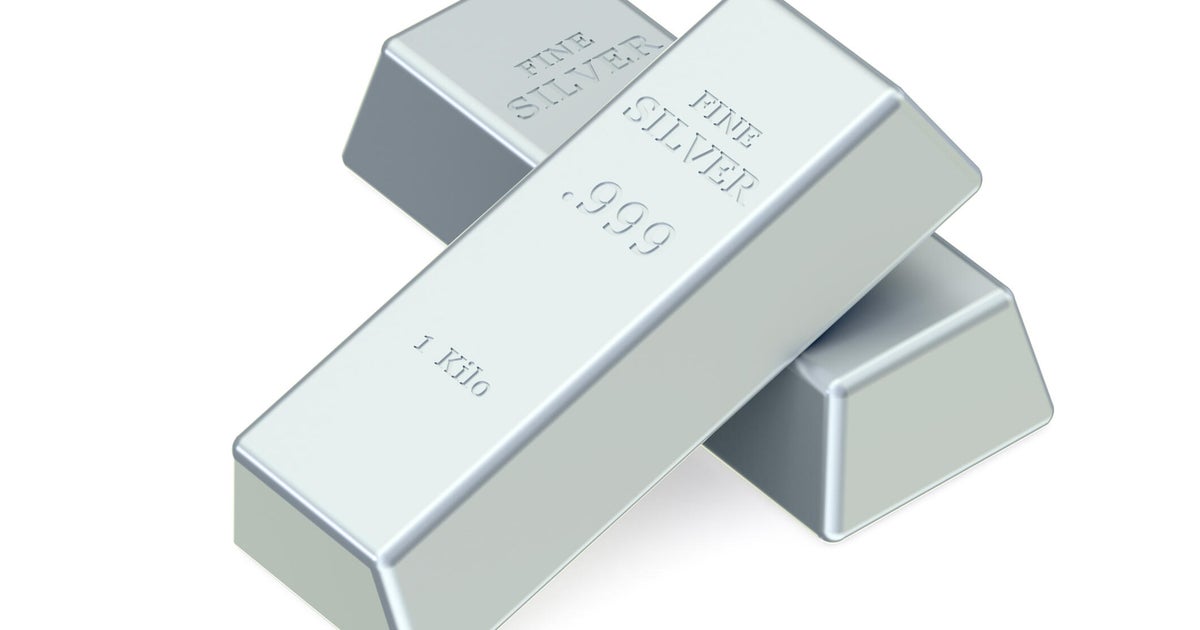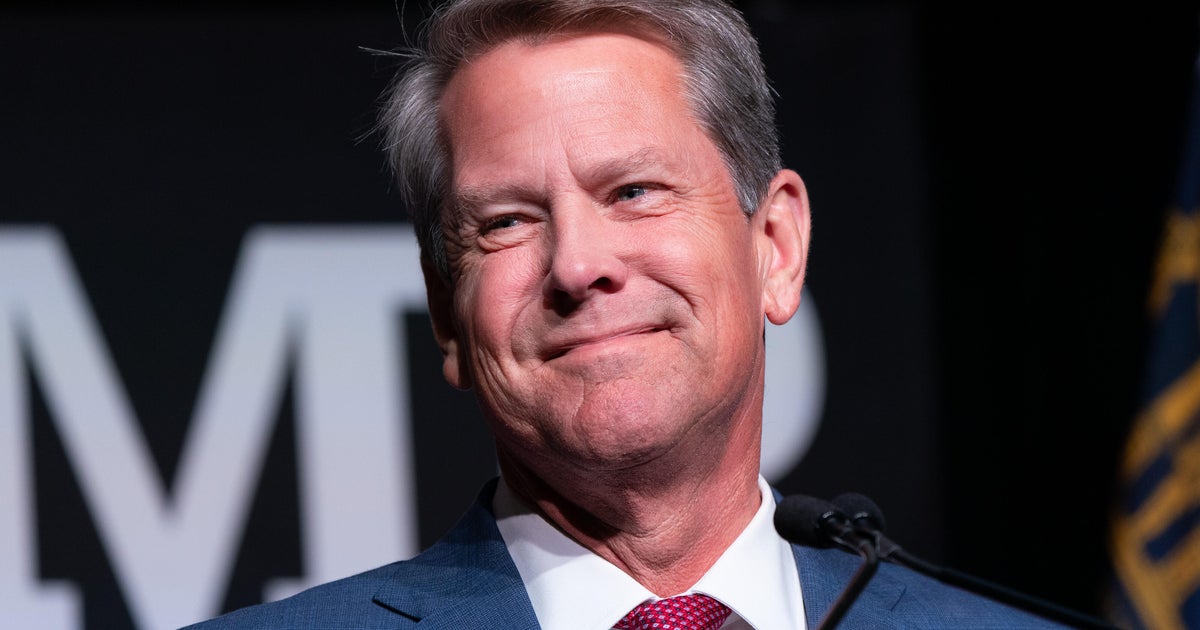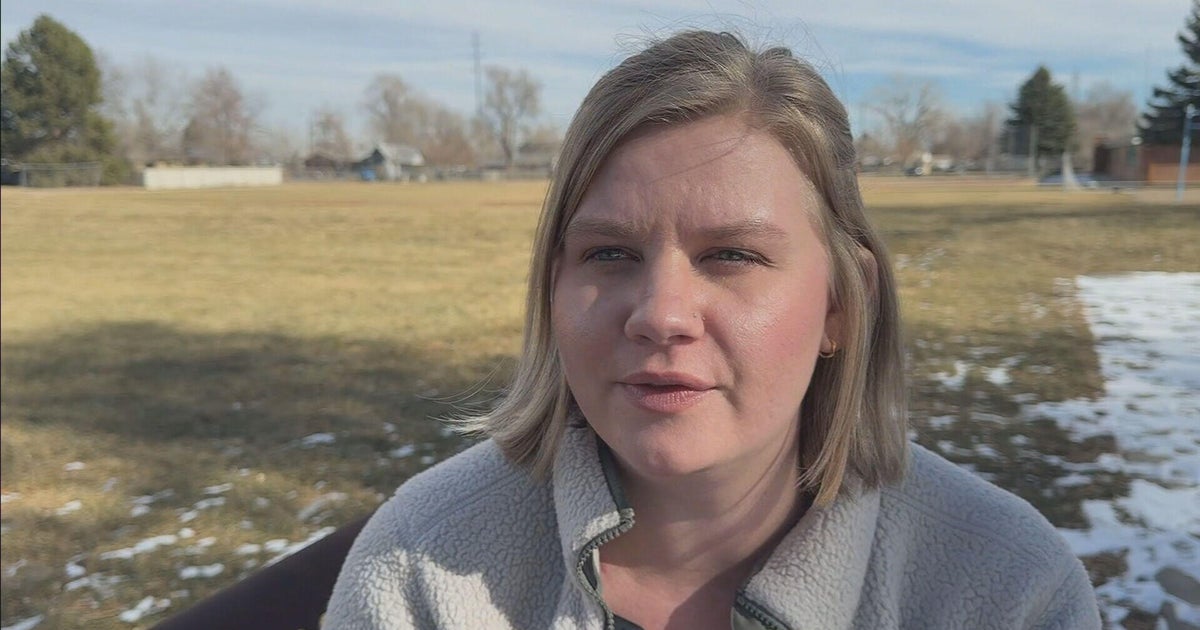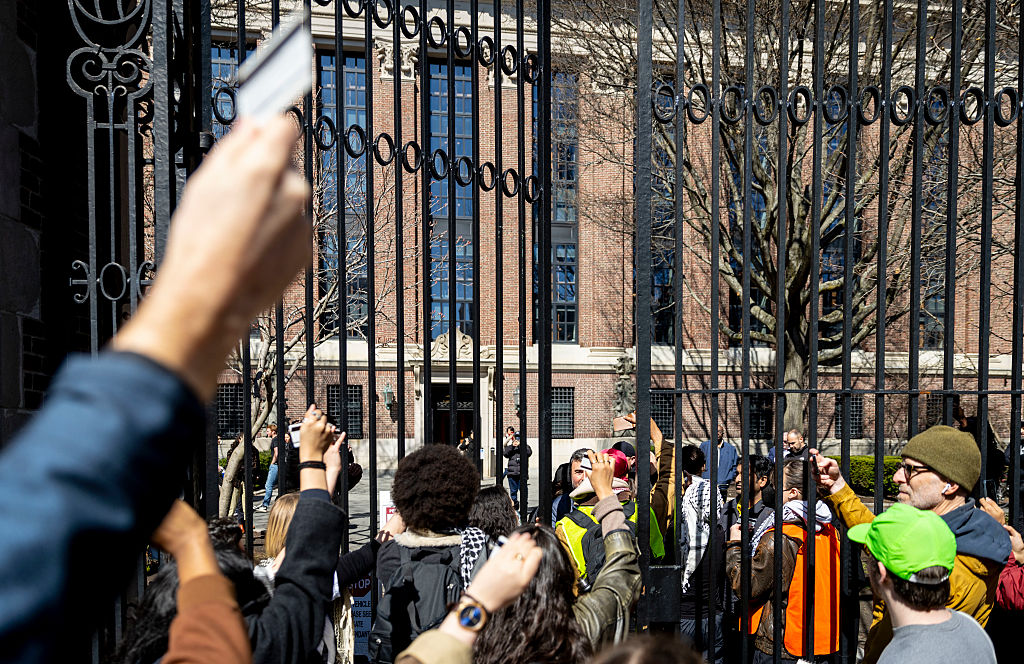4 times private student loans are better than federal ones, according to experts
Many college students are gearing up for a new school year starting in the coming weeks — or even this week for some students. But for most, covering the cost of a college education isn't financially feasible without assistance. According to the Department of Education, nearly 88% of students at four-year colleges rely on at least some form of financial aid.
If you're a college student who's headed back to school soon, you've hopefully already taken advantage of the scholarships and grants available to you to reduce your expenses. That still might not cover everything, though. Luckily, there are options available if you need additional funding.
One option is to obtain it through federal or private student loans. Experts typically recommend exhausting federal student loan options first because they generally offer more favorable terms, protections and the potential for loan forgiveness. However, in some cases, private student loans can also be a good alternative to federal loans.
Learn more about the best private student loans available now.
4 times private student loans are better than federal ones, according to experts
Here are a few scenarios where you might consider using private student loans to fund your higher education.
When bridging a funding gap
One of the primary reasons to prioritize federal student loans is because they tend to have lower interest rates. Right now, the average student loan rates range from 6.53% to 9.08% for federal loans, while their private counterparts range from 3.74% to 17.99%.
"For many students, the protections of federal student loans outweigh the advantages of private lending," says Dana Kelly, vice president of professional development & institutional compliance for the National Association of Student Financial Aid Administrators (NASFAA).
Kelly lists flexible repayment plans, forgiveness programs, deferments and forbearance as benefits that provide a level of security for federal student borrowers, but loan amounts could present a problem.
"The downside of a federal loan is the limits imposed on the borrower," notes Kelly.
Federal student loans are limited to $5,500 to $23,000 in subsidized funding, depending on your status as an undergraduate or graduate student, your academic year and whether you're a dependent or independent student. Given the rising costs of tuition, fees and other school-related needs, you may need more than that to cover your expenses.
"Private loans can cover up to the full cost of education," adds Kelly. "Federal loans are limited by grade level and may only cover a portion of a student's cost to attend."
Find out more about your private student loan options here.
When you need faster funds
The Free Application for Federal Student Aid (FAFSA) deadline is June 30 for the following academic year. If you've missed the deadline or your funds are less than your financial need, a private student loan could give you fast access to the college funds you need.
Approval and funding can take up to a few weeks with most lenders, so it's best to get your application in as soon as possible if you need funds for the upcoming semester. Be sure to also compare loan offers from multiple banks and credit unions. You may find faster processing times with online banks, but always review the interest rate, repayment terms, fees and other key details before signing for a new private student loan.
When you have excellent credit
While federal student loans typically offer lower interest rates, some private lenders extend the lowest rates available for creditworthy borrowers, which may include a cosigner.
"With excellent credit, a student may qualify for lower interest rates with a private student loan compared to federal loans," says Brad Lindberg, associate vice president of institutional initiatives and enrollment at Grinnell College.
"Private lenders often offer competitive rates to borrowers with good credit, which can lead to significant savings on interest. Students should always remember to compare every term and condition of each loan they are considering. For example, a lower interest rate may be offset by a variable interest rate or unfavorable repayment terms," Lindberg says.
When you want to pay off your loan sooner
Obtaining a lower interest rate on a private student loan could require a shorter repayment term, says Jonathan Sparling, a director at Private College 529 Plan.
"It's important for families to keep in mind that private loans with the lowest interest rates typically require immediate repayment while the student is still enrolled in college and may have shorter repayment timelines," Sparling says.
Many private lenders also offer shorter repayment terms, an attractive option for those who want to pay off their student loan debt relatively soon after graduation.
"Private student loan lenders may offer shorter repayment terms, such as five or seven years, which could lead to a lower overall cost of borrowing. Each lender sets their own rates, not beholden to the standard repayment rates put forth by federal student loans," Sparling adds.
Sparling notes that when you apply for a private student loan, you choose a repayment option upfront, which may limit your flexibility later. As such, families should consider using funding types, such as 529 plans, education savings accounts and Roth IRAs, to maintain flexibility.
The bottom line
If you need college funding, be sure to consider the pros and cons of both private and federal student loans. But remember, it doesn't have to be an either-or decision. A mix of both may offer the best solution to suit your financial needs. If you're undecided about the best funding option for your situation, it may benefit you to speak with a financial aid counselor at your school who can help you explore your options.
